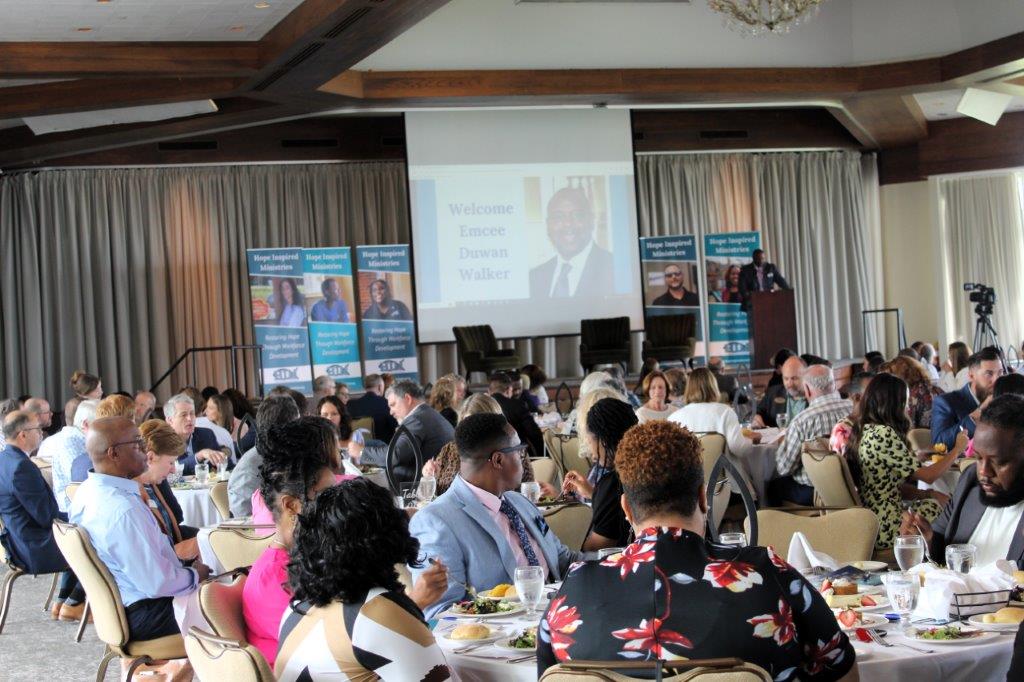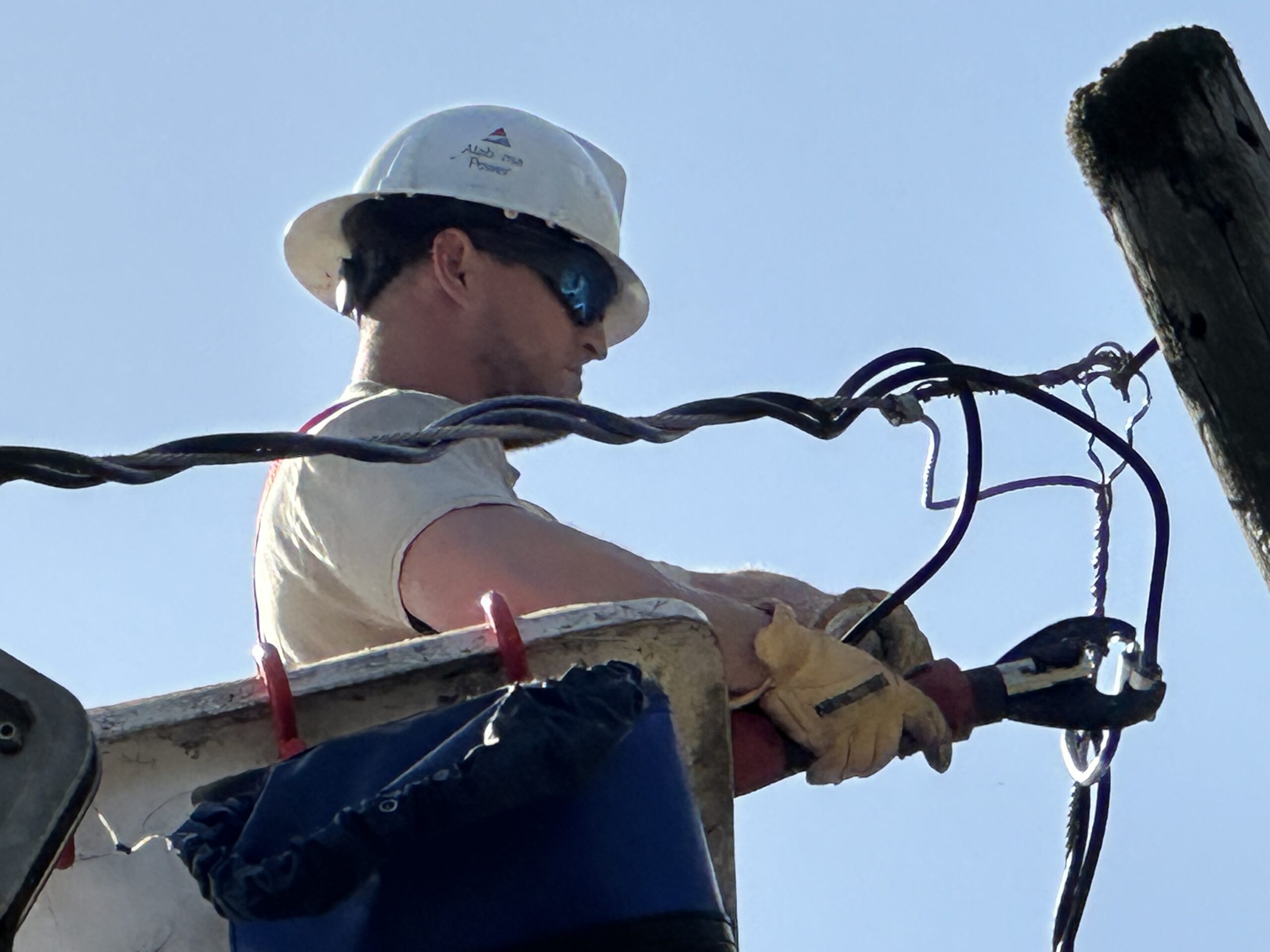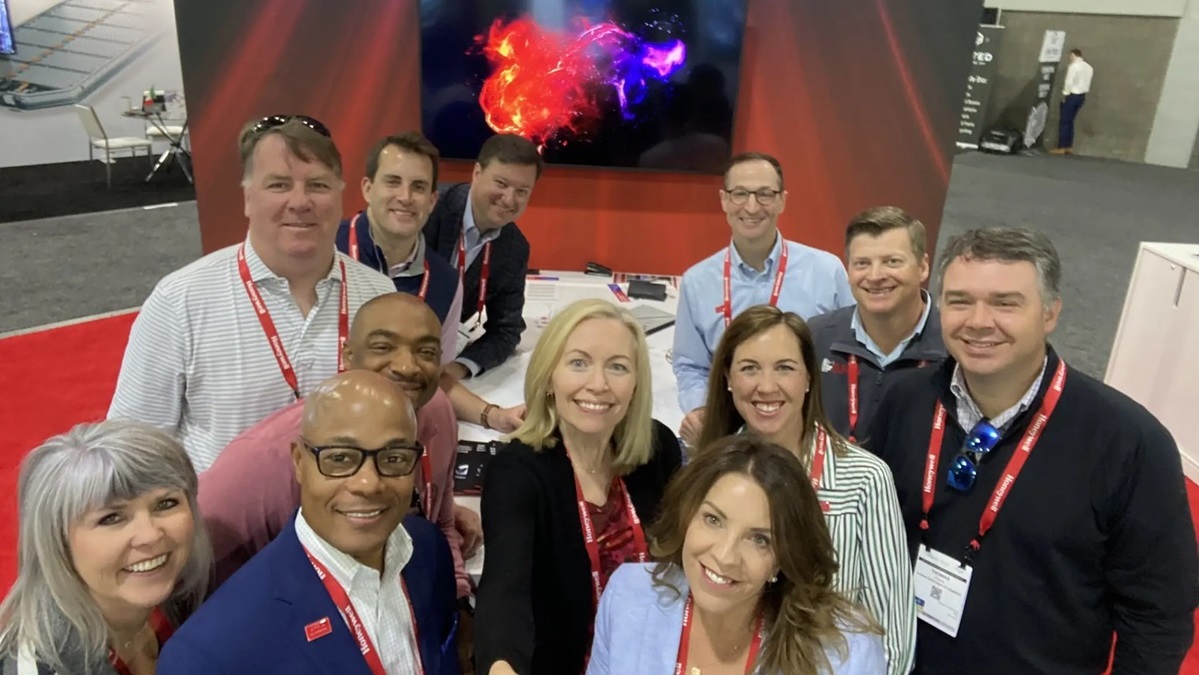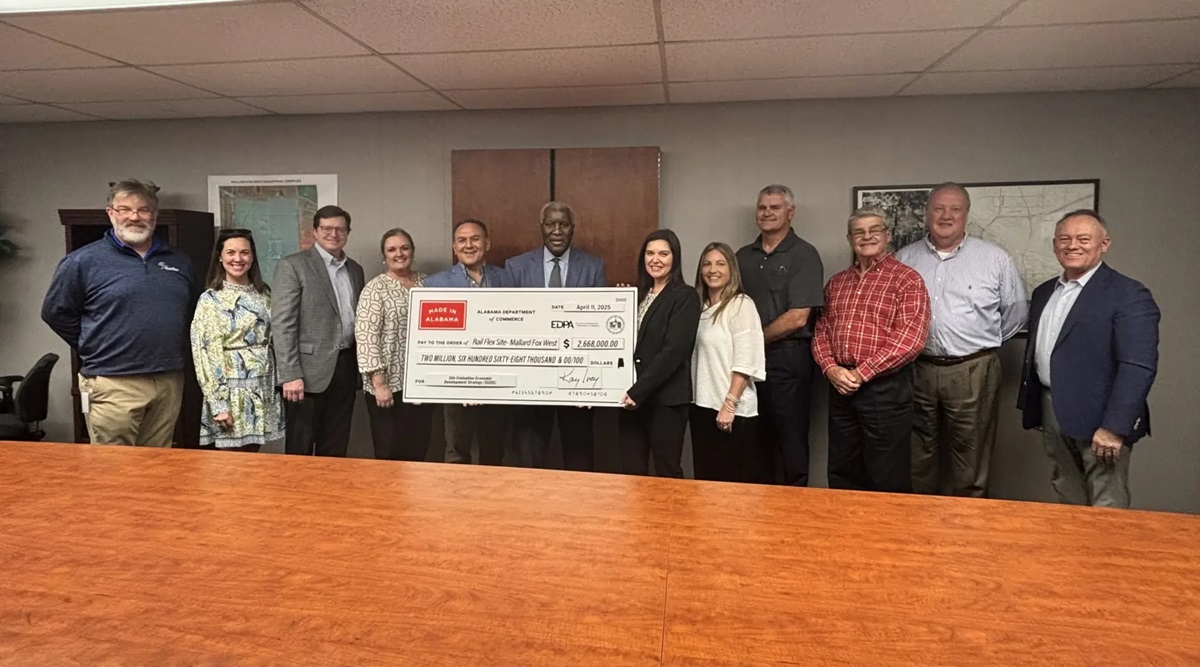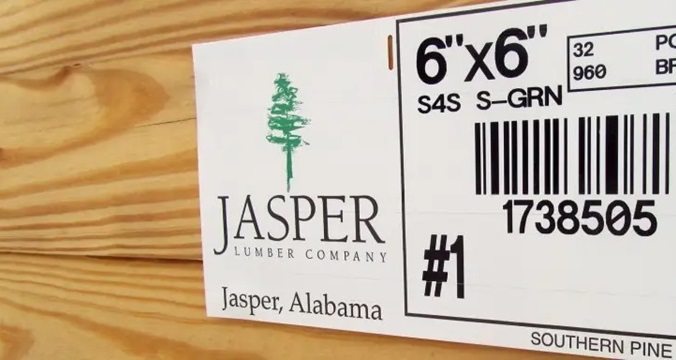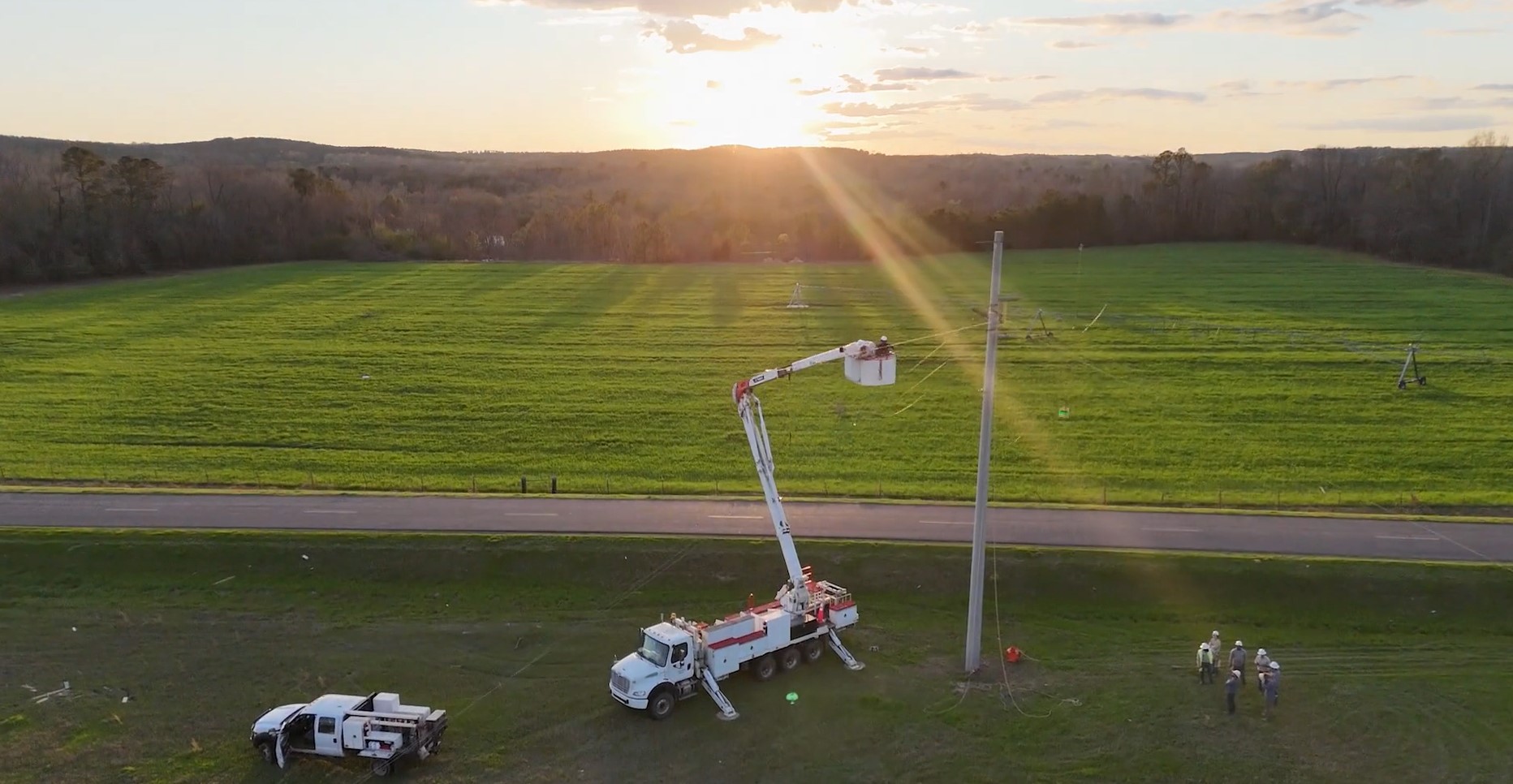Alabama MBDA and Walker’s Legacy foster growth for Black and Brown entrepreneurs across the state

Trey Abston, Carlisha Harris and Tom Stroud are all smiles after helping budding entrepreneurs learn how to navigate small-business startups. (Regions Bank)
Every day, Carlisha Harris steps into history.
Across the street from her office is the Birmingham Civil Rights Institute. A block north is 16th Street Baptist Church, a living landmark in the struggle for equality. And, in direct view, Kelly Ingram Park holds monuments to those who fought the good fight.
“This is my view every day,” Harris said. “Looking at these statues, I realize I have to pay it forward.”
In the heart of the Birmingham Civil Rights District, the Alabama MBDA – Minority Business Development Agency – focuses on fostering growth and competitiveness of Black and minority U.S. businesses. The Birmingham agency is operated by Walker’s Legacy, which has a mission by 2025 to equip 10,000 businesses led by women of color.
“A lot of people have joined us in person or through webinars not knowing what to do next to take their business to the next level,” said Harris, program coordinator of Alabama MBDA. “We are trying to provide more of a personal touch and ensure that we hold the hand of budding entrepreneurs on their journey.”

Three Regions bankers participated in two live and virtual financial wellness seminars aimed at giving aspiring entrepreneurs the expertise needed to navigate their way through building a business. (Regions Bank)
To help on the journey, she’s enlisted a trio of Regions bankers in Birmingham to help guide the way.
Tom Stroud, Commercial Banking Solutions relationship manager; Reginald Smith, SBA banker; and Trey Abston, Commercial Banking Solutions leader, helped through two live and virtual financial wellness seminars aimed at giving aspiring entrepreneurs the expertise needed to navigate their way.
“I was an entrepreneur for years,” Stroud said. “Being an entrepreneur is not a job; it’s not a career. It’s a calling. But it’s not for the faint of heart.”
That’s why, Stroud cautioned, “you’ll always need three people in your life you can depend on: your lawyer, your accountant and your banker – because those three people won’t lie to you.”
For an hour, in two sessions, the Regions bankers provided a step-by-step guide to creating, maintaining and building a small business, or even a micro-enterprise of fewer than five employees and less than $100,000 in annual revenue.
And part of that journey is learning how to access capital. While the Small Business Administration is there to help build on a local level, taking an idea and making it work on a larger scale can be daunting.
“The best tip I can give you is to find out how to operate your company with the least amount of money possible,” Smith said. “Oftentimes, we come up with a great idea but fail to see the big picture – because the key to success is organic growth, where you learn what works and doesn’t work as you go.”
Stroud warned entrepreneurs to avoid friends, family and fools when it comes to raising capital.
“That’s who we often turn to for investments, and it rarely works out,” Stroud cautioned. “I’ve been on that end myself.”
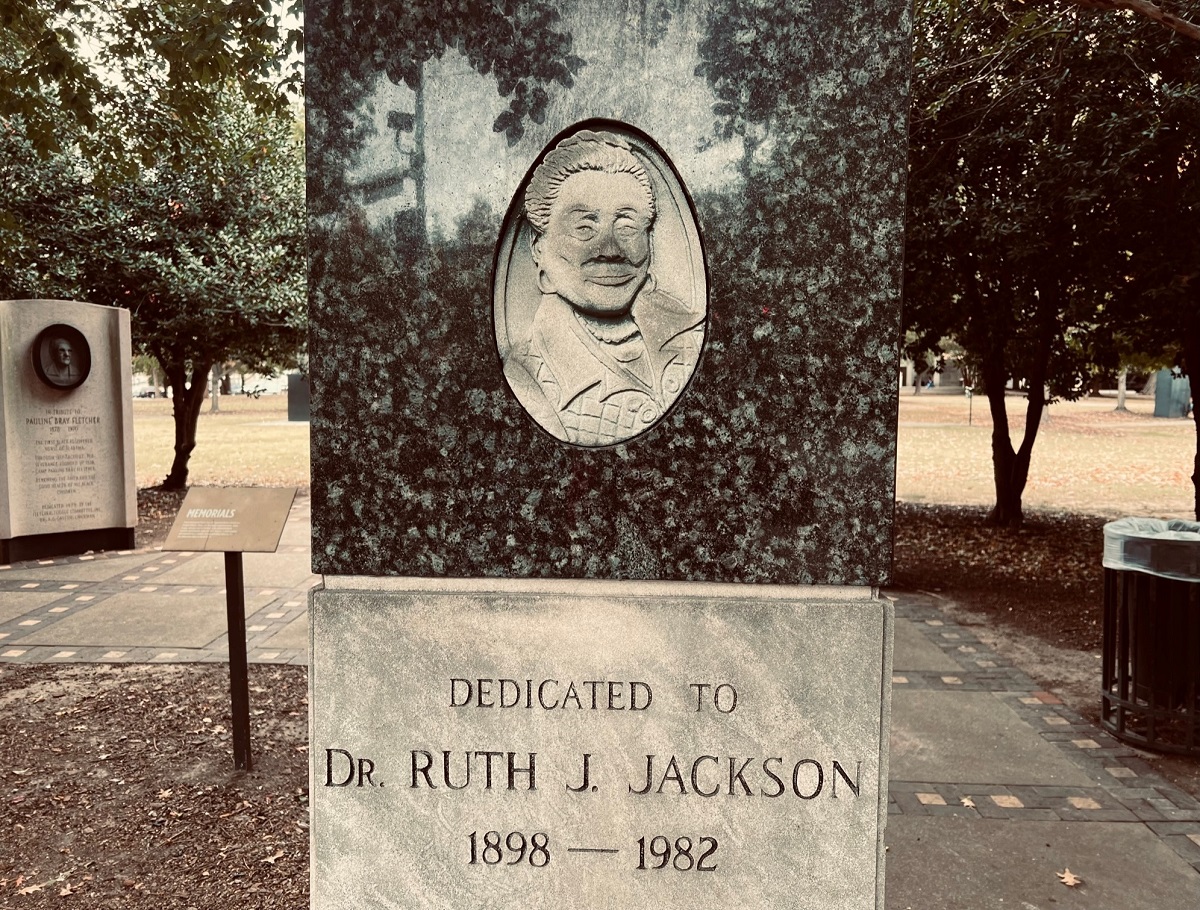
Monuments at Kelly Ingram Park honor the heroes of the civil rights movement. (Regions Bank)
Instead, there are ways to take a business idea to impartial audiences – local small-business pitch contests modeled after “Shark Tank.” Within Alabama, for instance, Auburn University, Samford University and the University of Alabama all have launchpad programs to help turn ideas into viable enterprises.
Equity financing options are there, too, but they come with a cost.
“This is where you see enterprises get into trouble,” Stroud said. “You may just need an additional $50,000 or $60,000 to get over the hump, but to do so, you give away a share of your business. Then, other people come in and take over your company and, eventually, you may get booted out.”
In just an hour’s time, Stroud and Smith provided an overview of turning entrepreneurial ideas into success stories, covering everything from budgeting to lines of credit to the need for viable business plans, before breaking into virtual one-on-one sessions with entrepreneurs from across the state.
Watching it all take place, Harris took it in with a smile.
“Tom was recommended to us by a colleague, so we’ve come to know what Regions offers in terms of expertise,” Harris said. “What I like is that Tom and Reginald are always clear, concise and personable, and they provide advice at the level that our entrepreneurs relate to.”
For more information about Alabama MBDA, go to its website, alabamambdacenter.com.
This story originally was published on Regions’ Doing More Today website.
